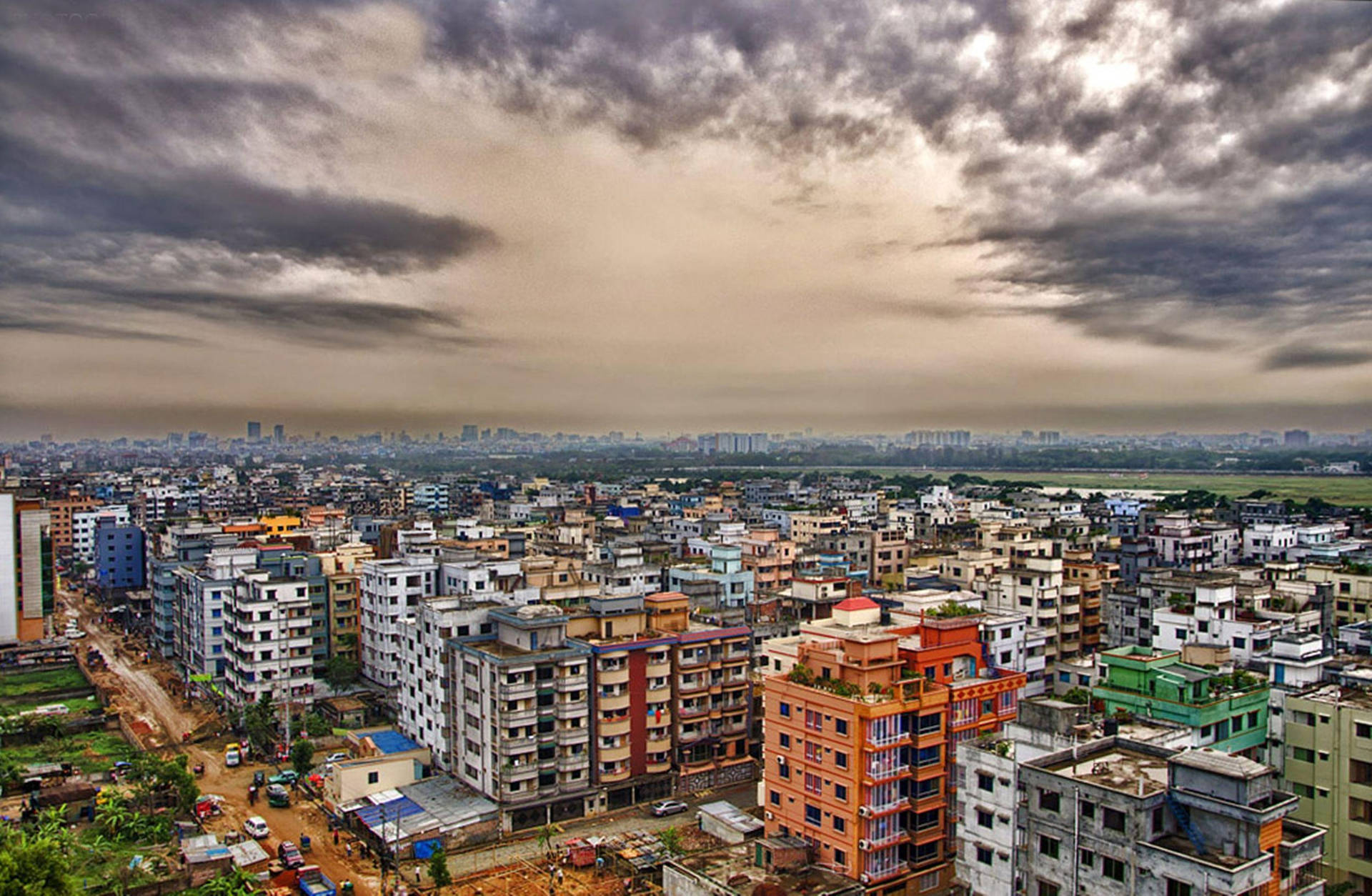Bangladesh Ambassador Emphasizes Regional Cooperation in Climate Action
In a significant address at the closing event of the first day of “International Climate Camp 2025: Symposium on Climate Change in South Asia,” Bangladesh Ambassador to Nepal, Md Shafiqur Rahman, stressed the importance of regional collaboration in tackling climate challenges. The event was held at the Tribhuvan University Campus in Kathmandu, bringing together experts and officials from across South Asia.
The ambassador emphasized that climate change is a pressing issue affecting the entire region, with far-reaching consequences for ecosystems, economies, and communities. He called for inclusive and collective efforts among South Asian nations to mitigate the adverse effects of climate change. This call for unity comes at a critical time when the region is experiencing increased frequency of extreme weather events, rising sea levels, and other environmental disruptions.
Key Themes and Participants
The symposium featured prominent figures from various sectors, including academia, government, and international organizations. Among the attendees were Professor Dr. Ainun Nishat, a renowned water and climate expert and former Vice Chancellor of BRAC University, as well as representatives from the Economic Relations Division of Bangladesh. Other participants included the Head of the Department of Environmental Science, the Registrar, and the Rector of Tribhuvan University, along with officials from UNDP, WaterAid Nepal, ICIMOD, and the Ministry of Environment.
This gathering provided a platform for discussions on innovative strategies and collaborative initiatives to address climate-related issues. Experts shared insights on sustainable development, adaptation measures, and the role of clean energy in mitigating climate impacts.
Collaboration Between Bangladesh and Nepal
Ambassador Shafiqur Rahman highlighted the potential for enhanced cooperation between Bangladesh and Nepal. He pointed out several areas where joint efforts could yield significant benefits, including the exchange of knowledge and research, collaboration in hydro-power projects, and the development of clean energy sources. These initiatives are crucial for both countries as they work towards reducing their carbon footprints and building resilience against climate change.
The ambassador also underscored the importance of sharing best practices and technological advancements. By leveraging each other’s strengths, Bangladesh and Nepal can create a more sustainable future for their populations. This includes investing in renewable energy, improving water management systems, and promoting eco-friendly agricultural practices.
Future Directions and Challenges
While the symposium focused on opportunities for regional cooperation, it also acknowledged the challenges that lie ahead. Climate change remains a complex and multifaceted issue that requires long-term commitment and sustained effort. Both countries must prioritize climate action in their national policies and ensure that local communities are involved in decision-making processes.
Moreover, the need for financial support and technical assistance cannot be overlooked. International partnerships and funding mechanisms will play a vital role in enabling developing countries to implement effective climate strategies. As the global community continues to grapple with the impacts of climate change, regional cooperation emerges as a key factor in achieving meaningful progress.
Conclusion
The symposium served as a reminder of the urgent need for collective action in the face of climate change. By fostering stronger ties between South Asian nations, the region can develop resilient strategies that protect vulnerable communities and preserve natural resources. The insights and discussions from the event will undoubtedly contribute to shaping future policies and initiatives aimed at combating climate challenges.







